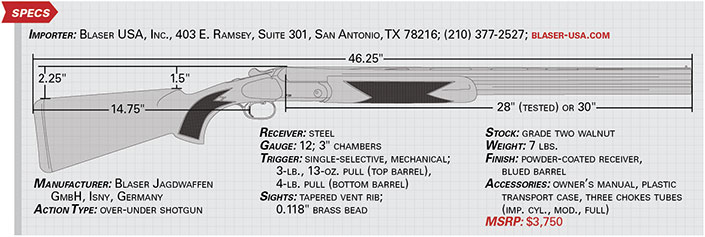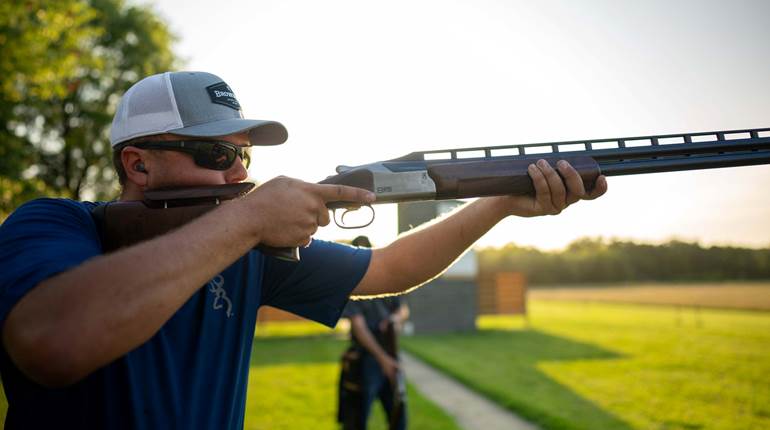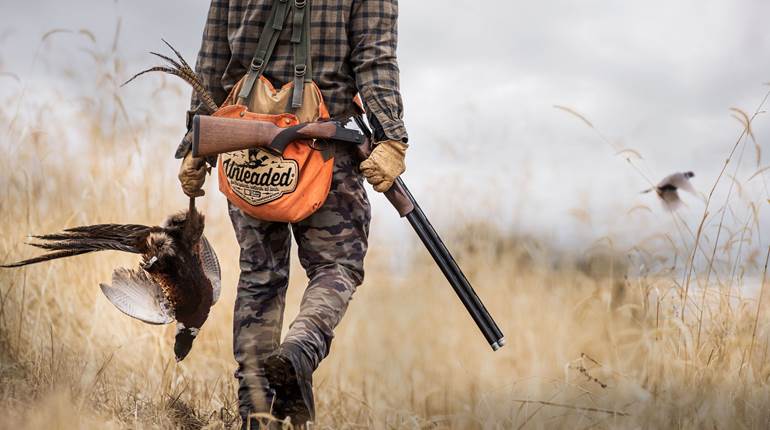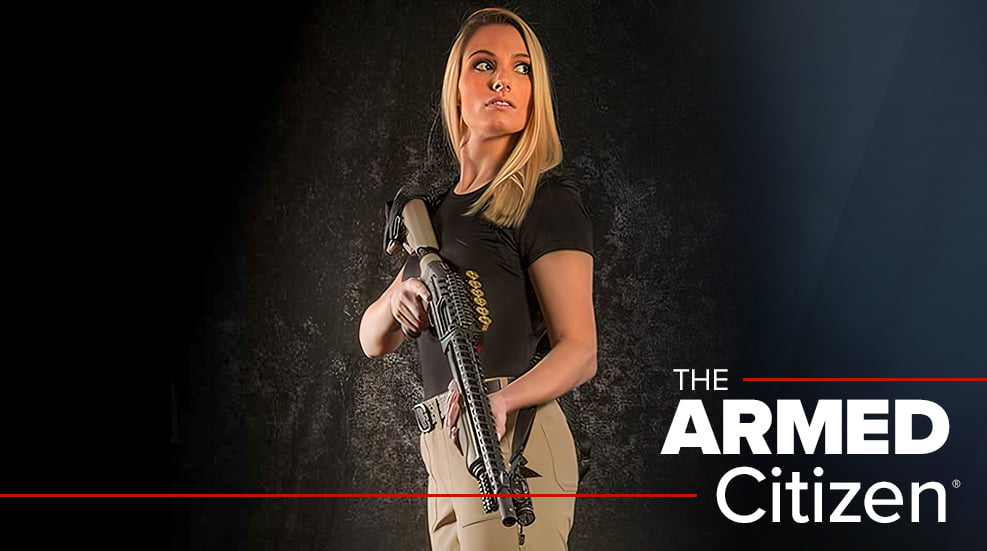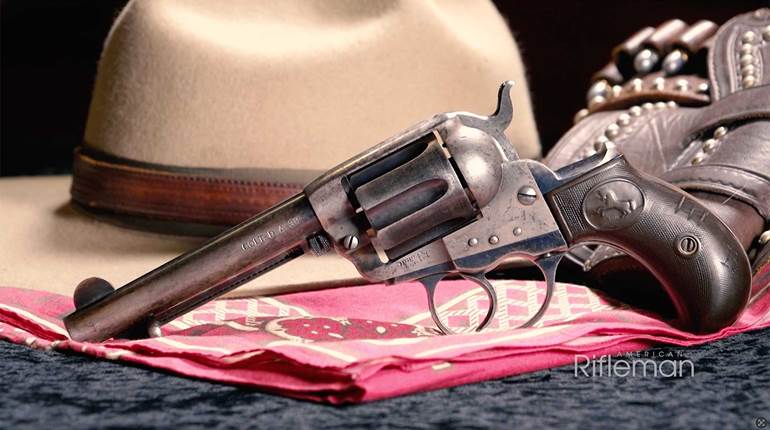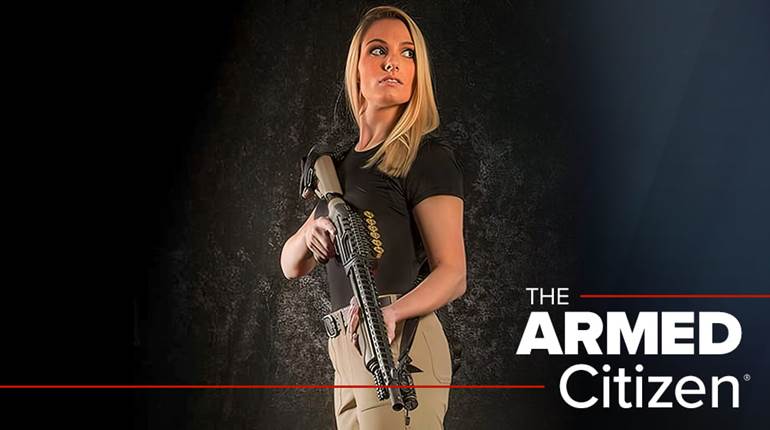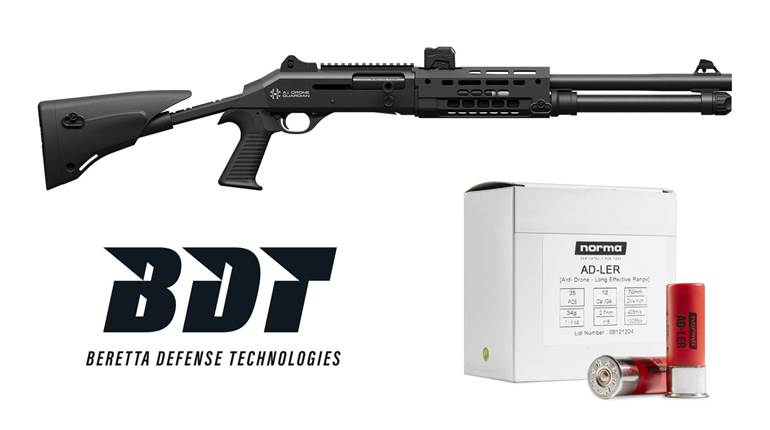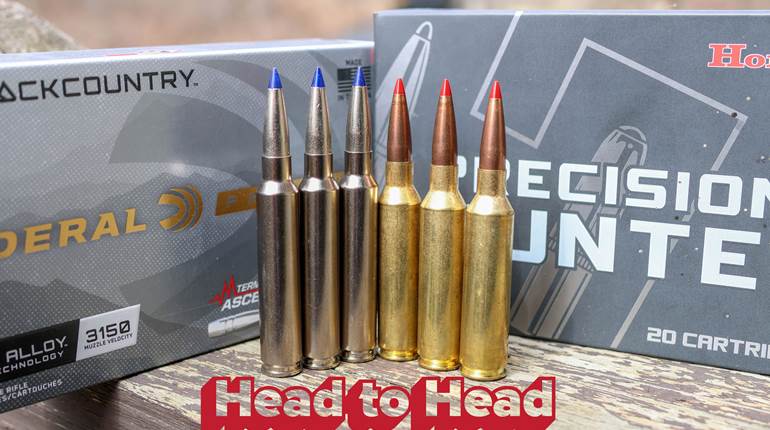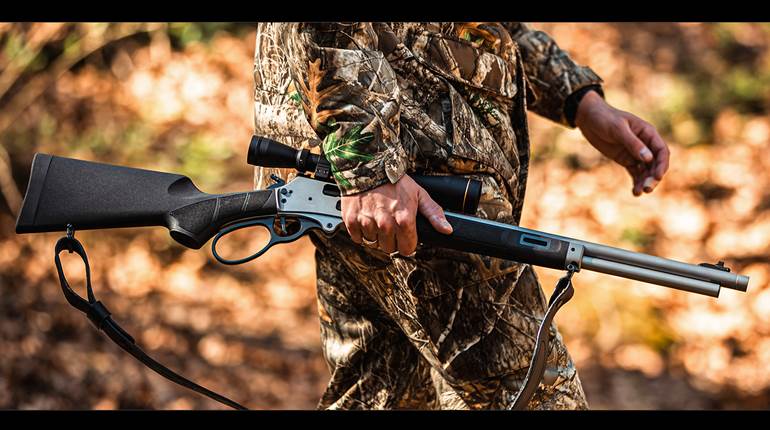
On its way to becoming one of Europe’s leading sporting firearm manufacturers, Blaser has demonstrated an ability to reinvent how familiar guns operate. Notable creations include the F3 over-under shotgun (2003) and R8 straight-pull bolt-action rifle (2008), both of which present highly original ways to perform routine tasks, with innovations designed to make the guns easier, faster, safer and more pleasant to shoot.
The German gunmaker’s newest release is another over-under shotgun, the F16, and while clearly advantaged by technology developed for its predecessor, the engineering herein seeks to leverage those advantages while, at the same time, lowering production costs. Not coincidentally, the cost efficiencies are being passed along to consumers, making this new model considerably more affordable than the F3 and competing high-grade target guns, a breed expected to endure brutal poundings on the clays circuit, yet look stylish and handle as nimbly as a flyrod.
At its U.S. introduction in April, Blaser’s Bernhard Knobel stressed that the F16, in Sporting and Game variants, was designed to prioritize natural pointability. To that end, it reportedly boasts the lowest receiver height of any 12-ga. over-under, just 60 mm, edging out the F3 by an eyelash. The resulting low center of gravity minimizes muzzle rise and softens felt recoil by directing the blow rearward (into the shooter’s shoulder) rather than upward (into his cheek), the net effect being faster second-shot capability. Lowering the receiver also aids instinctive shooting by bringing the shooter’s eyes and hands into closer alignment with the bore.
First seen in the F3 and now repeated in the F16 is Blaser’s chassis approach to over-under design, what the company calls “monocoque construction.” It mates a conventional-looking, standing-breech receiver with a skeletal framework embedded in the front portion of the buttstock. That helps to redistribute weight and support internal mechanics mounted to the breechblock and lockplate.

Instead of a single, large locking lug or descending lumps, the F16 is machined with a “bifurcated underlug,” essentially twin lugs, one on each side of the monobloc, that mate into recesses in the receiver floor. Additional lockup strength is provided by trunnions on the receiver walls, around which the monobloc hinges. This design allows the barrels to sit very low in the receiver and helps to cut manufacturing costs.
Another key feature is the F16’s clean-breaking trigger, set at a 3-lb., 13-oz. pull weight, though the Sporting model’s trigger is user-adjustable. The mechanical single trigger works with rotary hammers and angled firing pins, a system designed for minimal lock time and maximum durability.
Also taken from the F3, the new model inherits the Ejection Ball System (EBS), which cocks the ejectors when a shot is fired, then releases the tension as the hulls are jettisoned. As such, the resistance felt in closing the action is significantly reduced, since it plays no part in spring-loading the ejectors. Along with the obvious user appeal in that, Blaser contends EBS produces more consistent ejection and, therefore, results in less wear to the parts involved. Here, too, is the company’s proprietary Inertia Block System that prevents the shotgun from doubling or fan-fires.
For further ease of maintenance (a real concern to serious clays competitors who dread being sidelined by a broken gun), all lock parts are mounted on the lockplate and the firing pins are mounted on the breechblock, both of which are readily accessible.
The stock dimensions are geared toward American shooters—Blaser says we’re a bit longer-limbed than Europeans—with a standard length of pull at 14¾". The samples on hand for the April launch event at Joshua Creek Ranch in Texas were quite handsome, figured walnut shaped in clean, classic lines enhanced by generous, skillful checkering.
The gun’s semi-round-bodied receiver sculpts inward to mate with the barrels, and wears a gray nickel finish that contrasts slightly with the matte blue barrels. The fore-end is slender and spare, and the receiver’s fusion with the rounded lines of the stock is especially pleasing. Knobel said F16 designers were very concerned about how the gun would look, and he joked that, “We can now agree that German guns aren’t as ugly as they used to be.”
First impressions of the gun’s performance were shaped by a go at Joshua Creek’s stocked birds, which proved to be energetic put-and-take fliers. After an auspicious start, intercepting a bobwhite streaking through a break in a fencerow, the hits outnumbered the misses. The F16 shouldered and swung easily and, as intended, pointed targets like a compass points north. We appreciated the grip fit thanks to an almost imperceptible right-hand contour just rear of the sliding tang. There’s also an ample palm swell in the normal place, but it was the other subtle bump that seemed different.
 Subsequently, we put the shotgun through its paces on three different sporting clays courses, producing consistent scores that slightly bettered the tester’s average. The first time out, using an F16 Sporting during the Texas event, the gun’s 32" barrels helped our swing and follow-through on long, crossing shots. We missed that when shooting our Game variant test sample, perhaps at the cost of a few birds, though its 28" field barrels pointed as true on bounding “rabbits” as they had on the Texas quail. Both models also come with 30" sets, and regardless of length, the barrels boast the brand’s TriBore lengthened forcing cones. With their shortest barrel configurations, the Sporting outweighs the Game, 7.5 lbs. to 6.8 lbs.
Subsequently, we put the shotgun through its paces on three different sporting clays courses, producing consistent scores that slightly bettered the tester’s average. The first time out, using an F16 Sporting during the Texas event, the gun’s 32" barrels helped our swing and follow-through on long, crossing shots. We missed that when shooting our Game variant test sample, perhaps at the cost of a few birds, though its 28" field barrels pointed as true on bounding “rabbits” as they had on the Texas quail. Both models also come with 30" sets, and regardless of length, the barrels boast the brand’s TriBore lengthened forcing cones. With their shortest barrel configurations, the Sporting outweighs the Game, 7.5 lbs. to 6.8 lbs.
The F16’s trigger is somewhat reminiscent of a quality two-stage rifle trigger in that it allows a bit of free travel before engagement, then breaks with no noticeable creep. Befitting of a gun designed first and foremost for competition, the safety—a sliding latch on the tang—is non-automatic. One control that may take some getting used to is the barrel selector, a small toggle set within the upper trigger-guard radius. Marked “U” on the right and “O” on the left, it worked fine, but that doesn’t seem like the safest place to put it.
With the F16, Blaser moves into a broader segment of the sporting shotgun arena, a highly competitive segment that includes pedigreed makers of iconic over-unders that remain relatively affordable. Hunters who want a “fancy” bird gun are more likely to shop at this price range, too. These shotgunners will now have access to some of the brightest product development coming out of the global firearm industry, and while the price remains hefty, we find it encouraging to see first-rate engineering applied to making fine guns more economical.
